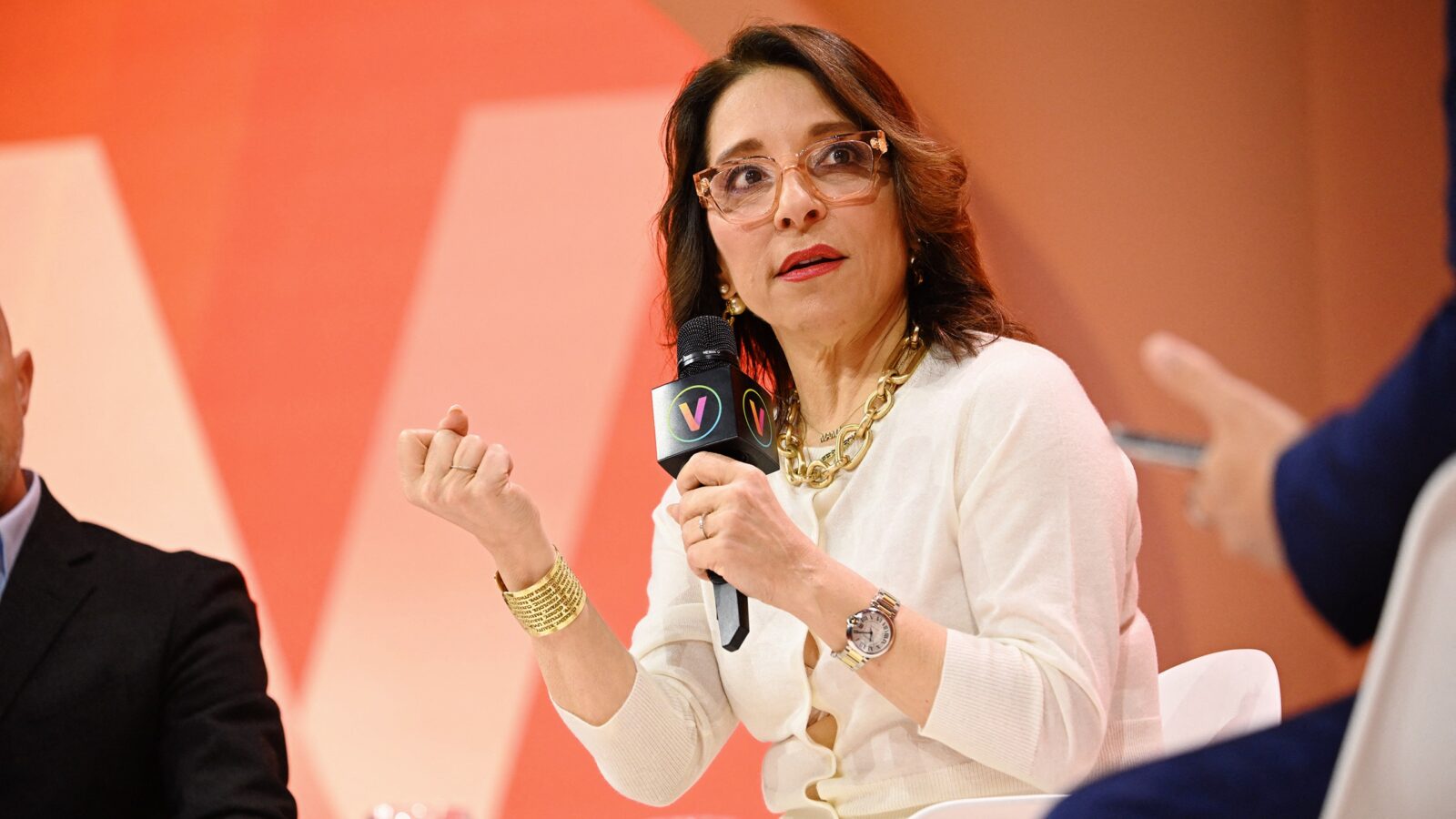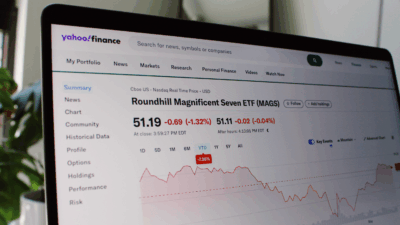The Metaverse: Coming to a School Near You
The tech titan plans to expand its virtual-reality headset into schools to enable immersive experiences.

Sign up for smart news, insights, and analysis on the biggest financial stories of the day.
Teachers are trying everything to keep students off their phones, but now Zuckerberg wants to plug them into a VR headset for pedagogical reasons.
Meta announced a subtle strategy shift for its VR metaverse ambitions on Monday, unveiling a new educational product for students as young as 13, with Bloomberg reporting it’s targeting this fall for its classroom debut. For teachers who have to beg, steal, or borrow glue sticks for their students, the idea that their schools might furnish them with VR headsets might seem a little out there.
Every Day’s a Metaverse Day
It’s easy to forget about the metaverse, the trend that Facebook threw its considerable bulk behind when it renamed itself Meta. Any buzz – and there wasn’t much – was subsequently drowned out by the dawn of generative AI. That doesn’t mean Meta stopped shoveling billions of dollars into the idea. At last count, Meta has incurred $25 billion in metaverse-related losses since its big 2022 rebrand. To cap it all off, year-end data suggested sales of VR and AR headsets were way, way down.
In a memo in early 2023, Meta said it was targeting teens aged 13 and up as early adopters. Last fall, it shifted the emphasis in its metaverse marketing to showcase its VR tech as a vocational tool for training — so its new zeal for getting VR headsets into schools is like a combination of those two drives:
- Bloomberg reports that Meta is devising a specific metaverse product for schools as a subscription service. Meta offers a subscription VR service to businesses, called Quest for Business, which lets companies use a handful of Meta Quest VR headsets for a subscription fee.
- The idea behind the educational product is that students could use the headset to immerse themselves in a virtual version of Ancient Rome (something Mark Zuckerberg emulates by naming his children after Roman emperors), walk with dinosaurs, or visit virtual versions of real-life museums.
Economics 101: Of course, most schools may not have a lot of cash to throw at subscriptions for VR headsets — so is Meta banking on private schools? In an interview with Sky News, Meta global affairs president Nick Clegg was carefully vague (remember, he used to be a politician) about price. “Every time you have new technology, whether it’s a calculator or a whiteboard, that becomes mainstream [sic] education over time, you’ve always got an early adopter issue, which is that the technology tends to be more expensive at the beginning than it is at the end as volume ramps up,” said Clegg, adding: “Therefore it’s easier for schools and colleges with more means to use the technology earliest. All we can do is try and make the technology as affordable as we can.” With VR sales dipping elsewhere, that should be simple enough.











